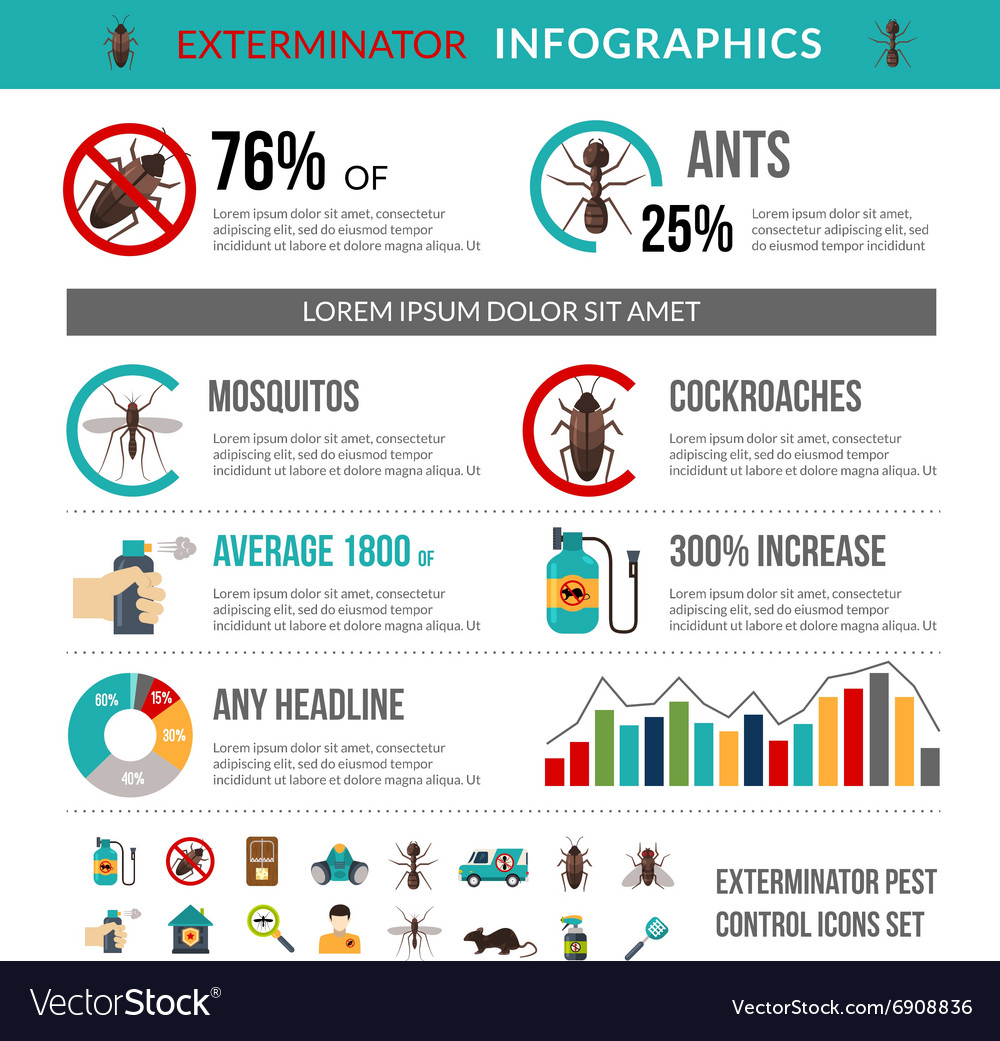The Function Of Bug Control In Food Security And Hygiene
The Function Of Bug Control In Food Security And Hygiene
Blog Article
Traps -Klausen Malmberg
Are you familiar with the covert dangers that bugs pose to the safety and security and hygiene of your food? From rodents to bugs, these undesirable visitors can infect your active ingredients, surface areas, and storage space locations.
This write-up explores the critical duty of parasite control in keeping the highest possible requirements of food safety and hygiene. Discover efficient methods and avoidance measures that will help you secure your business, consumers, and credibility.
Don't allow parasites jeopardize the high quality of your food.
The Influence of Parasites on Food Safety and Health
In your kitchen, pests can have a substantial effect on food safety and security and hygiene. These unwanted visitors, such as rodents, bugs, and roaches, can infect your food, surfaces, and tools with dangerous bacteria, viruses, and bloodsuckers. They can easily access your kitchen, cupboards, and also your refrigerator, leaving droppings, urine, and hair.
Not just can they spoil your food by chewing with packaging, yet they can likewise spread diseases like Salmonella, E.coli, and Listeria. Think of preparing a dish for your household, uninformed that the components you're utilizing are already contaminated.
It's important to take immediate action to prevent and control bugs in your kitchen area. Normal cleaning, correct food storage space, and expert pest control actions are vital to make sure food safety and security and keep a hygienic atmosphere in your kitchen area.
Effective Pest Control Techniques for the Food Market
Implementing efficient insect control techniques is crucial for maintaining food safety and hygiene in the food market. By implementing these methods, you can stop insects from polluting the food and make sure that your items are safe for usage.
One effective approach is to routinely check and check your facility for indications of pest task. This consists of monitoring for droppings, nests, or any damages caused by bugs.
It's additionally crucial to secure all access indicate prevent parasites from getting in the facility. Normal cleansing and sanitation are important, as pests are brought in to food residue and spills.
In addition, proper waste administration is critical to stop the buildup of food waste that can bring in parasites.
Keeping Health Specifications Via Parasite Prevention Procedures
To keep health standards, you should regularly execute bug prevention actions. By taking proactive steps to avoid parasites from entering your food facility, you can make sure the security and cleanliness of your facilities. Below are some efficient insect avoidance measures to think about:
- Seal all cracks and gaps: Pests can enter with also the smallest openings. On a regular basis examine and seal any voids in doors, home windows, wall surfaces, and floorings to keep bugs out.
- Proper waste administration: Get rid of food waste immediately and securely in secured containers. This will certainly lessen the attraction of bugs and stop infestations.
- Routine cleansing and sterilizing: Preserving cleanliness in your facility is critical. Frequently clean and sanitize all areas, paying special focus to locations where parasites may hide or reproduce.
- Execute a surveillance system: On a regular basis check your premises for indicators of pest activity. click web page monitoring tools, such as traps or sensing units, to identify and resolve any potential issues early.
Final thought
So keep in mind, when it pertains to food safety and security and health, insect control plays a crucial role.
By carrying out efficient pest control strategies and preventive measures, we can ensure the highest possible requirements of sanitation and security in the food sector.
Don't let parasites jeopardize the high quality of our food; allow's stand together and secure our health and wellness and wellness.
